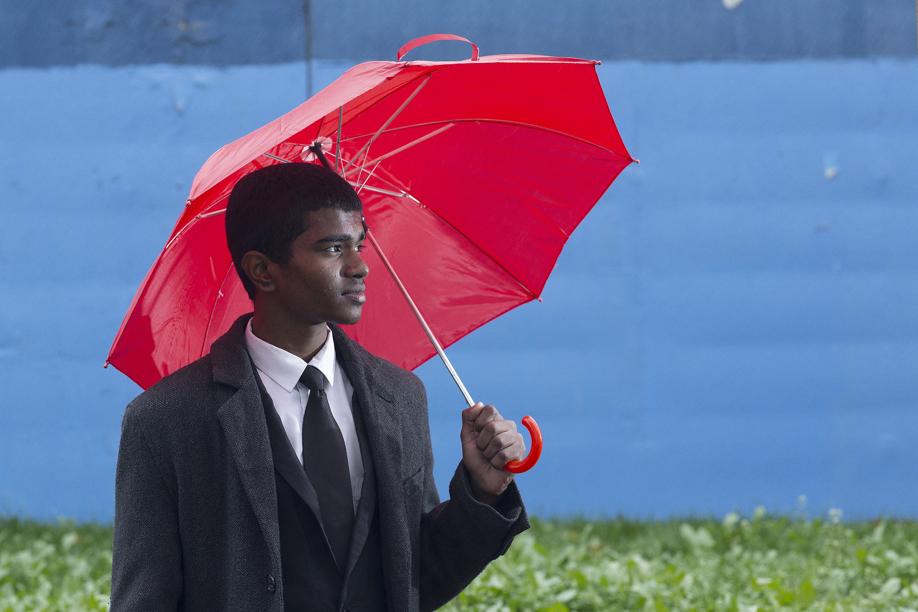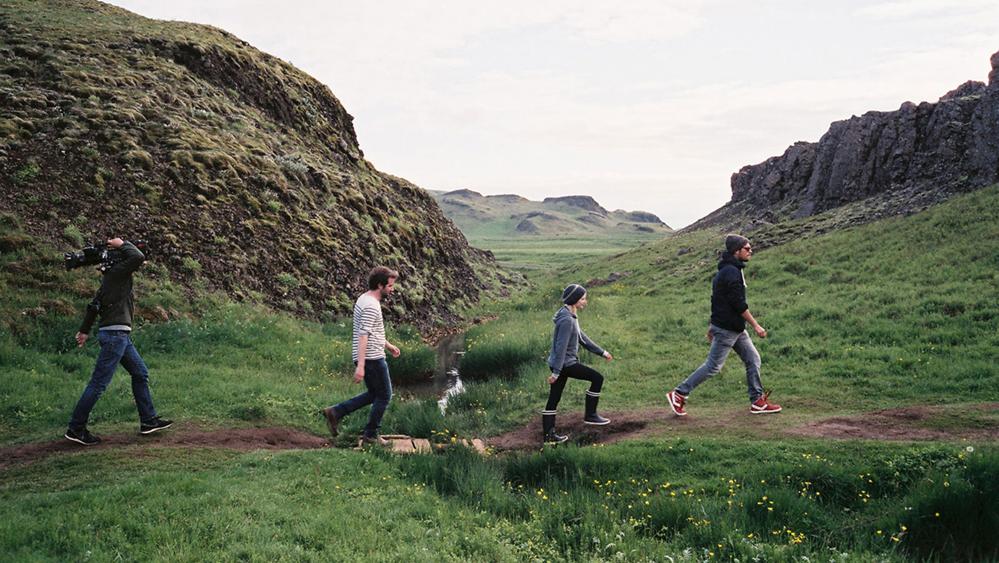

An annual highlight of the summer cinema calendar, the 22nd Boston French Film Festival (July 13-30) will be presenting four outstanding documentaries. Though diverse in subject matter, each of the nonfiction films focuses on individuals, communities, and events that hover on the margins of the mainstream.
The subject of Jean-Stéphane Bron’s“The Paris Opera’’ (July 16 and 23) lies well within the elitist mainstream. Especially since this is now the third major documentary about that institution, the other two being Frederick Wiseman’s “La Danse’’ (2009), about the ballet branch of the opera, and Thierry Demaizière and Alban Teurlai’s “Reset’’ (2015), about the first production of the controversial, briefly tenured ballet director Benjamin Millepied. Like the other two filmmakers, Bron goes behind the scenes, from the opulent office of the harried theater manager to the crews cleaning up after a meeting, dinner, or show.
He includes some of the backstage drama of Millepied’s last days as director, which adds gossipy supplementary insight to “Reset,’’ but for the most part the film covers the opera side of things, including mundane matters such as haggling over ticket pricing, helping a singer cool down with tissues and a bottle of water after a strenuous aria, and the prepping of an enormous bull for his role in Arnold Schoenberg’s “Moses und Aron’’ (a boom box next to a lump of dung plays a recording of the music while the bull listens thoughtfully).
Also compelling are the stories of outsiders seeking inclusion, such as the young Russian baritone, struggling with his French, who after a problematic rehearsal mutters to himself, “I am useless.’’ Or the student string orchestra whose performance of the Allegretto from Beethoven’s Seventh Symphony is a bit rough, but all the more moving for that.
In a shot from a window in music video director Olivier Babinet’s aptly titled, innovative “Swagger’’ (July 22 and 30) you can barely make out the Eiffel Tower in the distance. That might be as close as the 11 young residents of housing projects on the fringes of Paris might get to that landmark, let alone the Paris Opera. But Babinet manages to make them the center of their own dramas, using a variety of unconventional (for a documentary) cinematic devices.
Babinet establishes his style with the first sequence, in which an extreme long shot, probably from a drone, zooms closer and closer toward a window in one of the apartment towers and enters the bedroom of one of the subjects as he is doing his homework. Slow motion, voice-over, sci-fi fantasy sequences, and other artifices make the run-down projects a stage-set for these kids (all of them are of African or Arabic origin) to talk about their dreams, anxieties, frustrations, anger and loneliness.
Among those featured are Regis, a flamboyant dresser and aspiring fashion designer who manages to earn respect and popularity by defeating his tormentors in after-school bouts, and Aissatou, a painfully shy and stuttering girl who talks about being bullied and about her inability to find friends. Finally she discloses an incident of abuse she suffered from a teacher in preschool. Babinet’s unorthodox approach to nonfiction elevates their stories from stereotype to vivid drama.
Unable to speak or communicate in any way for her first 21 years, Hélène Nicolas, subject of Julie Bertuccelli’s “Latest News From the Cosmos’’ (July 16 and 20) faced a life of unimaginable isolation. Then her mother, who had never ceased trying to get through to her, made a breakthrough. She discovered that although she could not speak, Hélène could express her thoughts by picking out laminated alphabet letters and spelling out the words, Scrabble fashion.
The results are gnomic, witty, extremely sophisticated musings that come across as somewhere between the poetry of Arthur Rimbaud and a philosophical monologue in a Jean-Luc Godard film. Bertuccelli observes as Hélène’s parents demonstrate their prodigious daughter at work and as her father and other artists put together a performance-art piece based on her chapbook “Eponymous Algorithm.’’ The performance, and Hélène, prove a hit at a festival in Avignon. In her own way, Hélène’s story is as amazing and inspiring as that of her near-namesake, Helen Keller.
These days we have all become outsiders. As “Tomorrow’’ (July 23, 29 at 2 p.m.) makes clear, current environmental trends, if unchecked, will leave us all marginalized — into extinction. The film’s directors are activist Cyril Dion and Mélanie Laurent (director of “Breathe,’’ 2014, and costar of “Inglourious Basterds,’’ 2009).
But despair not. Like Michael Moore in his films “Sicko’’ (2007) and “Where to Invade Next’’ (2015), they take their cameras to various places in the world, from San Francisco to a small village in India, to find out how local people are seeking and finding solutions to the ills that plague us. Those include rampant consumer capitalism, corrupted democracies, environmental change, industrialized food production, and beleaguered education systems. The solutions range from urban gardens to printing your own money.
Winner of the 2017 César Award for best documentary, “Tomorrow’’ might seem at times a bit overoptimistic. But these days, who couldn’t use a little more of that?
The Boston French Film Festival takes place at the Museum of Fine Arts, 465 Huntington Ave., Boston.
Go to www.mfa.org/programs/series/the-boston-french-film-festival.
Peter Keough can be reached at petervkeough@gmail.com.



